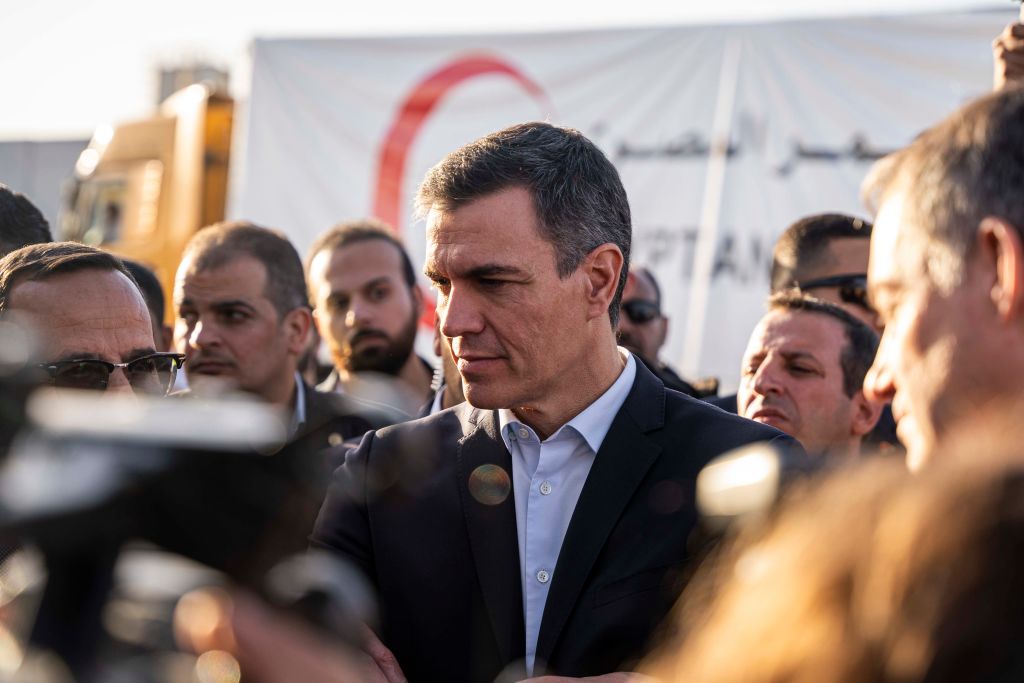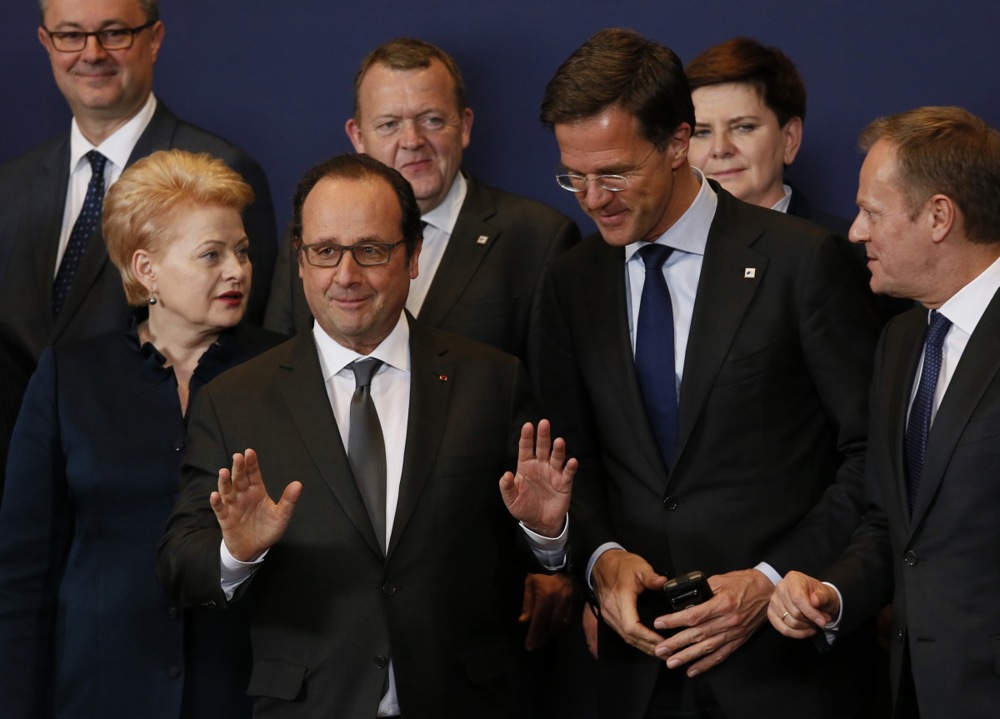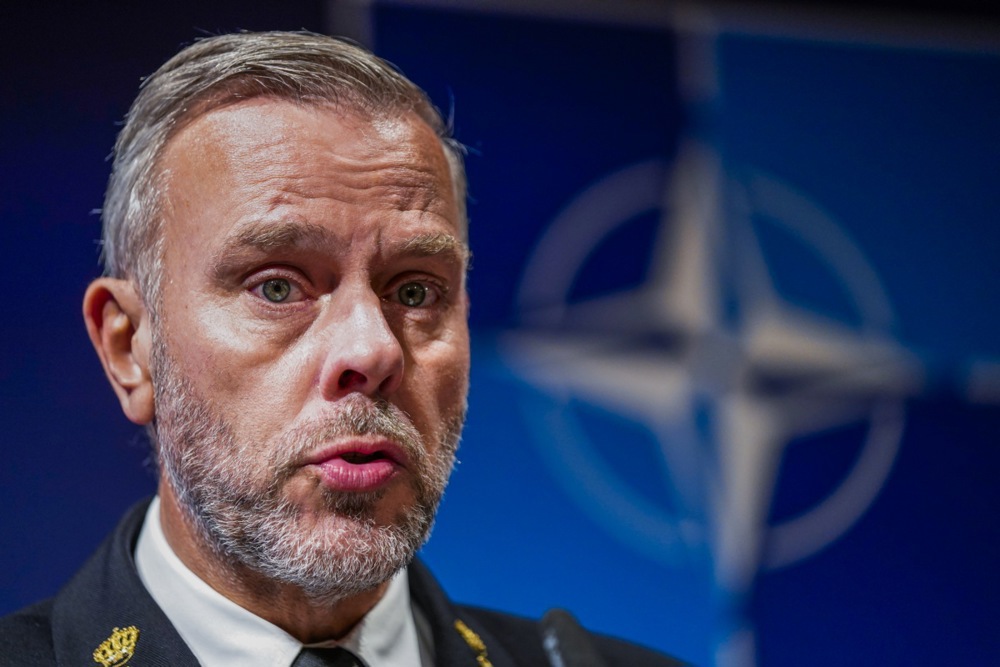Slovenia’s Government has initiated procedures to recognise Palestine as an independent State in the hope of helping to end the conflict in Gaza.
“The horrors we see every day in Gaza are intolerable and must stop,” Prime Minister Robert Golob said following a Government meeting on May 9.
“All the actions of the Government are aimed precisely at ending these atrocities as soon as possible and alleviating the suffering of the Palestinian people.”
Golob expressed his wish for his nation’s recognition to serve as “an incentive for these [peace] negotiations to proceed more quickly” and to hasten the UN dialogue on the security and existence of Israel through a two-state solution, an immediate ceasefire and the release of hostages.
According to the PM, progress in the region will be monitored as the goal was not merely recognition as a symbolic act but the de-escalating or ending the war.
Slovenian media reported that the Government’s announcement of the opening of proceedings for the recognition of Palestine had led to disagreements between the foreign ministry and the Prime Minister’s Cabinet.
Allegedly, the ministry said it was better to recognise Palestine alongside other European countries that had signalled the same intent, such as Spain Ireland and Malta, while Golob wanted to act independently of other nations.
Journalist Dela Boštjan Videmšek, citing “domestic and Israeli sources”, reported that Slovenia, Ireland, Malta and Spain would officially recognise Palestine on May 21, following a vote in the United Nations General Assembly on May 1. That would grant new rights and privileges to Palestinian Arabs and the countries would call on the UN Security Council to favourably reconsider Palestine’s request to become member of the body.
Israel has said that the plan constituted a “prize for terrorism” that would reduce the chances of a negotiated resolution to the Gaza conflict.
Golob said the Government had set itself a date of June 13 as the deadline for “completing the process” of the recognition of Palestine.
Pressure to do so has been rising in Slovenia; some 350 of the country’s most notable intellectuals recently signed and sent a petition about the matter to the Government.
“Recognising Palestine is not a political whim of anyone but a necessity. Recognition is a direct demand of citizens, which the government of the Republic of Slovenia must fulfil as promised because its perverse postponement of recognising a bleeding state, during daily massacres, is no longer acceptable or tolerable to witness,” the letter stated.
“Immoral pretence has gone too far; postponing for a ‘suitable moment’ and ‘favourable circumstances,’ as expressed by Prime Minister Robert Golob, is unacceptable hypocrisy!” it added.
“I believe that this recognition will inspire many more people to continue along the same path,” Golob stressed, saying that the decision was unanimously made in the Government.
“The intention is … to help the Palestinian people through our actions,” he said, urging Israel to immediately stop attacking Rafah and Gaza and “to use the negotiating table rather than finding a military solution”.
Slovenia wants to recognise Palestine based on the borders of 1967 that would include Gaza, the West Bank and East Jerusalem.
Foreign minister Tanja Fajon highlighted that recognition did not imply any acceptance of the “terrorist organisation Hamas”.
“On the contrary, it is about empowering the renewed Palestinian Authority, who will also be able to control Gaza from Ramallah,” she stated.
The decision was welcomed by left-wing parties in Slovenia but Conservatives are against it. Janez Janša, former PM and leader of the Slovenian Democratic Party, said the move would not lead to de-escalation but would be seen as a reward for Hamas.
He deemed the recognition a populist act that will prove harmful to Slovenia, adding he felt it was cynical and irresponsible to declare it a contribution to peace.
Matej Tonin of the New Slovenia – Christian Democrats said the recognition would not change much and that it would be wiser to first secure a ceasefire, peace and elections – and only then talk to both sides to broker a deal to establish the basis for a two-state solution.





